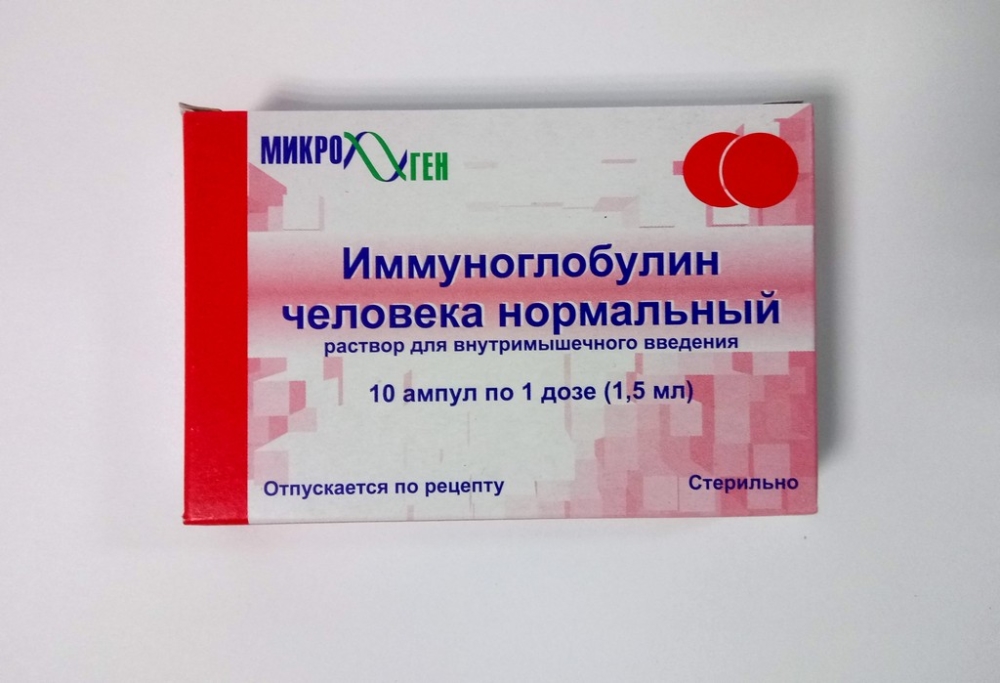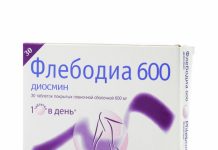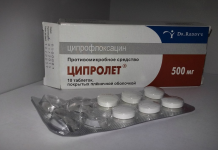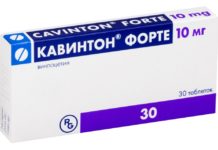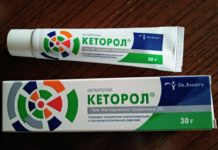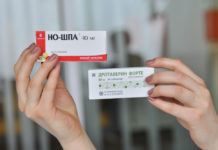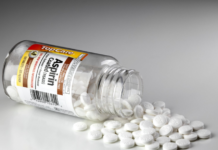Some drugs can be used as a substitute in complex therapy. Immunovenin acts as an immunostimulating therapeutic agent, which is characterized by high activity of antibodies. The medication is used for the therapeutic treatment of both adults and children.
Material Content:
The composition (active substance) of the drug
The presented drug is sold in the form of a lyophilisate for the manufacture of a solution for iv administration. The normal active compound is the normal human immunoglobulin. The component composition contains a number of additional compounds: glycine, dextrose monohydrate, maltose monohydrate. It is worth noting that the drug does not contain antibiotics and preservatives.
Pharmacological properties and indications for use
Human immunoglobulin is intended to compensate for the lack of antibodies, which helps to reduce the risk of infection in patients with primary or secondary immunodeficiency. An immunostimulating effect is achieved by replenishing a low level of immunoglobulin G to standard values. The medication is also capable of exerting a nonspecific effect, which is manifested in increasing the resistance of the immune system.
An immunological preparation is advisable to take during complex therapy in the following conditions:
- postoperative complication, accompanied by blood poisoning;
- neglected toxic form of an infectious disease of a viral or bacterial nature.
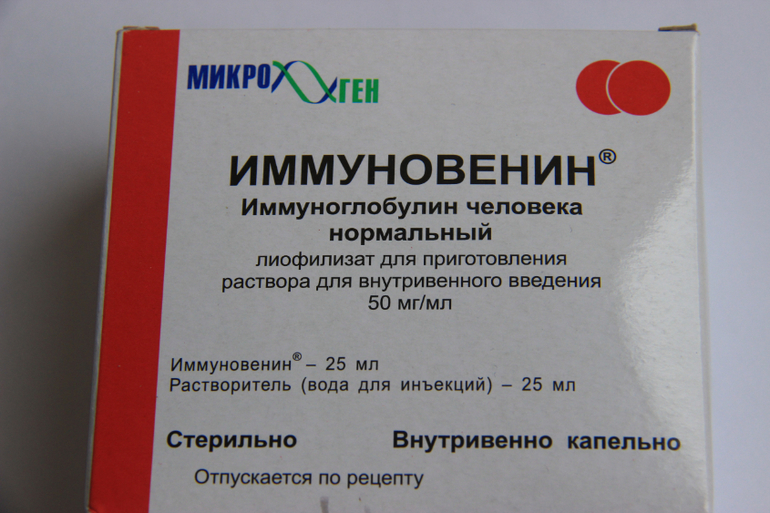 And also a therapeutic agent is in demand as a replacement therapy for the following diseases:
And also a therapeutic agent is in demand as a replacement therapy for the following diseases:
- congenital immunodeficiency with recurrent infection in children;
- primary HIV infection;
- the state of secondary immunodeficiency in patients with myeloma pathology and chronic lymphocytic leukemia, which is accompanied by a recurrent infection.
Often, Immunovenin is recommended for use by premature infants to prevent the development of an infectious disease and treat such conditions.
Instructions for administration and dosage of Immunovenin
Immunovenin is administered exclusively intravenously. Before use, a solution is required. The recommended treatment regimen is as follows:
- For children, the standard dosage for a dropper is 0.15-0.2 g (3-4 ml) per kg of body weight. The maximum dosage is 25 ml. Pre-diluted in the supplied liquid. Infusion is carried out every day for five days.
- For adult patients, a single dose is 1.25–2.5 g (25–50 ml). The treatment regimen includes up to ten infusions, which are carried out at intervals of 24 hours.
- For substitution treatment in the case of primary immunodeficiency, patients are prescribed the introduction of 0.4-0.8 g per kg of body weight.
Immunomodulating medication is allowed to be used only in medical institutions in compliance with the necessary antiseptic rules, as well as under the supervision of the attending physician. The product is unsuitable for use if storage conditions are not observed.
During pregnancy and lactation
Due to the lack of clinical studies, Immunovenin during pregnancy and breastfeeding is prescribed with increased caution. As a rule, use during pregnancy does not cause severe complications or negative consequences for the fetus. The main compound can be excreted in breast milk, therefore, during therapy, it is recommended to abandon lactation.
Drug interactions
Immunovenin does not enter into drug interaction with other drugs and has a pronounced effect on them. However, this medication is not recommended to be combined with other drugs. And it is also worth noting that Immunovenin is able to lower the effect of live vaccination. The vaccine must be administered three months after the end of therapy. For the preparation of the solution, it is forbidden to use other solutions other than those indicated in the instructions for use. Simultaneous administration with calcium gluconate in infants is not allowed.
Contraindications, side effects, overdose
There are a number of contraindications in which the use of this immunostimulating agent is not allowed:
- An allergic reaction to blood products in a patient.
- Individual intolerance to certain components.
- Inadequate response of the immune system to human immunoglobulin.
With caution, the medication should be used in the following cases: the patient’s old age, hypertension, hypovolemia, renal or hepatic dysfunction, chronic circulatory system pathologies, vascular diseases, overweight, and related medications with nephrotic effects. Patients who are prone to allergic manifestations are required to take the drug together with antihistamines.
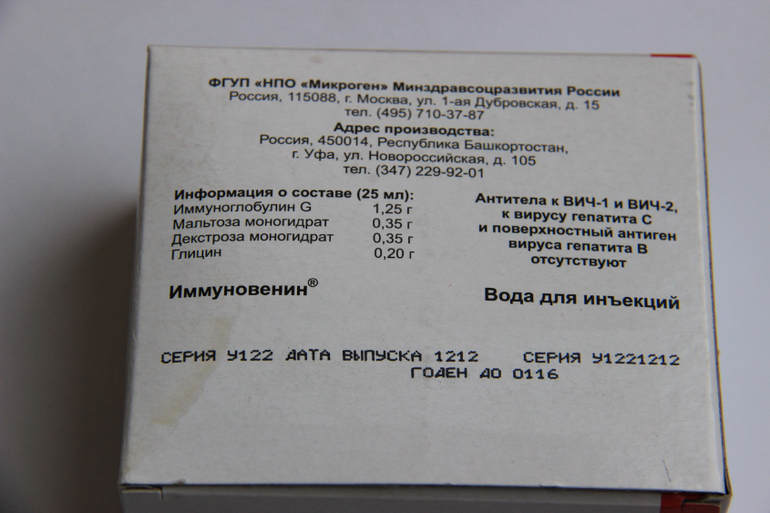 In some cases, adverse reactions may occur. The following side effects are noted in patients: lowering blood pressure, nausea and vomiting, migraines, chills, hyperthermia, impaired renal function. Very rarely, septic meningitis, hemolysis, hemolytic anemia, myocardial infarction and deep vein thrombosis develop. Exceeding the prescribed dosage can lead to an increase in negative reactions and an increase in blood viscosity.
In some cases, adverse reactions may occur. The following side effects are noted in patients: lowering blood pressure, nausea and vomiting, migraines, chills, hyperthermia, impaired renal function. Very rarely, septic meningitis, hemolysis, hemolytic anemia, myocardial infarction and deep vein thrombosis develop. Exceeding the prescribed dosage can lead to an increase in negative reactions and an increase in blood viscosity.
Analogies of an immunological preparation
The discussed drug can be replaced by a number of similar drugs that have identical pharmacological effects. Analogues of Immunovenin are: Immunoglobulin, Intratekt, Pentaglobin, Gamuneks, Octagam, Humaglobin. Replace the prescribed drug should be after consultation with a specialist.
